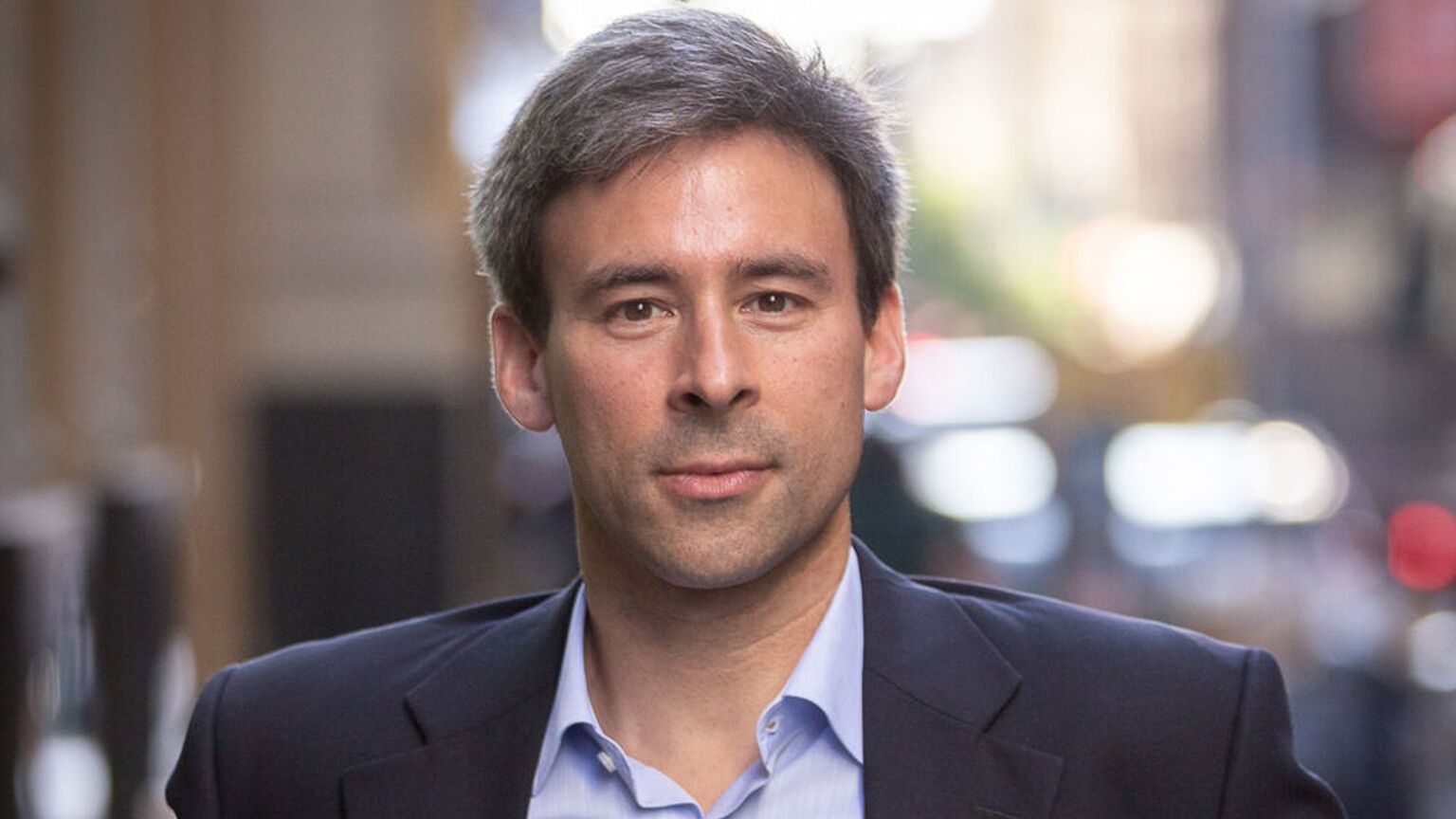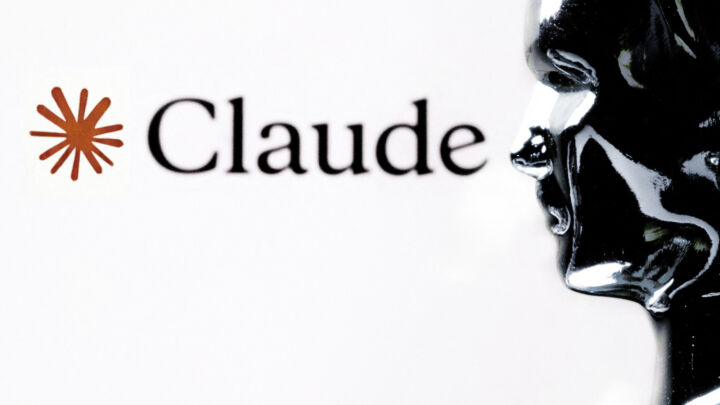We need a revolution in the social sciences
Eric Kaufmann on his battle to liberate universities from the stranglehold of woke.

Want unlimited, ad-free access? Become a spiked supporter.
Universities are supposed to pride themselves on free and fearless inquiry, and on the unfettered pursuit of truth. But when so much of academia is captured by woke ideology, can we really trust all of the ‘knowledge’ being generated? Eric Kaufmann – director of the Centre for Heterodox Social Science at the University of Buckingham – has set out to challenge the ‘progressive’ stranglehold on academia. Earlier this year, he organised the inaugural Heterodox Social Science Conference, bringing together scholars and thinkers from a variety of disciplines and with a range of perspectives that might otherwise be ignored or ostracised. spiked’s Fraser Myers sat down with him at the conference. What follows is an edited version of their conversation. Watch the full thing here.
Fraser Myers: Why did you set up the Heterodox Social Science Conference, and what kinds of discussions have been taking place?
Eric Kaufmann: I’ve attended gatherings of heterodox scholars before – the Stanford Academic Freedom Conference, for instance – but I wanted this to be more purposeful. This is not just ‘We’re going to gripe about being cancelled’, though that’s part of it. It’s also about recognising that social science has left large blanks unfilled because certain questions are never asked, or certain answers are off-limits. For instance, explaining racial inequality by anything other than systemic racism is taboo, when the real causes are likely to be different. In a healthy discipline, most work would focus on the actual drivers, with perhaps a small share on systemic racism. We need to fill those gaps, to prevent warped knowledge from being produced.
A second aim is to respond to the torrent of books on critical social justice – or ‘woke’, which I think is the right term. If woke were like any other political or social phenomenon, like Islamic revival, nationalism or communism, we would have journals, conferences, edited volumes, university courses – and they would be multiplying. That’s what’s happened with the populist right: hundreds of thousands of papers, entire conferences and associations have been dedicated to explaining its rise. But with woke – which is every bit as significant – academia has been almost silent. We want to take stock of the books of the past five or six years, and treat this as a legitimate subject of study. We’re not just saying, ‘We hate woke’. We’re saying woke is a coherent ideology, and it merits analysis.
Plus, there’s now pushback against the social-justice movement, even from the centre and centre-left. In the US especially, there’s a greater sense that things have gone too far. This feels like the right moment for a conference of this sort.
Myers: If you’re a young academic who discovers the ‘wrong’ thing, or is drawn to the ‘wrong’ subjects, what happens?
Kaufmann: If your views are seen as highly controversial and you voice them, you might be forced out of your department. More often, you’ll simply be passed over for hiring, promotion or publication – or socially ostracised. No one will sit with you in the canteen. Such social punishments encourage conformity. If you challenge the cultural-left narrative, that’s what you can expect.
Myers: As we (hopefully) move into a post-woke world, what aspects of the recent past will be hardest to undo?
Kaufmann: People’s values tend to set in their twenties, and those who embraced this ideology will be with us for a long time – and they’re overrepresented among the young. As they become the median voter, free speech could come under threat. That said, we’re now seeing a counter-mobilisation among younger cohorts, so the picture may be more polarised. Changing attitudes will be the hardest nut to crack.
It’s not enough simply to decree ‘abolish DEI’. Political institutions must be reshaped – in America, that means the Equal Employment Opportunity Commission and the Justice Department – to keep these organisations in check.
I also worry about schools. The content of the curriculum, and what teachers say in class, must be monitored – and indoctrination should carry penalties. Slavery, for example, should be taught in context, so pupils don’t grow up thinking white Americans invented it, or that native peoples lived in perfect harmony before Europeans arrived. Such folk myths, especially potent among the young, need to be dispelled.
Fraser Myers was talking to Eric Kaufmann. Watch the whole conversation here:
You’ve hit your monthly free article limit.
Support spiked and get unlimited access.
Support spiked and get unlimited access
spiked is funded by readers like you. Only 0.1% of regular readers currently support us. If just 1% did, we could grow our team and step up the fight for free speech and democracy.
Become a spiked supporter and enjoy unlimited, ad-free access, bonus content and exclusive events – while helping to keep independent journalism alive.
Monthly support makes the biggest difference. Thank you.









Comments
Want to join the conversation?
Only spiked supporters and patrons, who donate regularly to us, can comment on our articles.